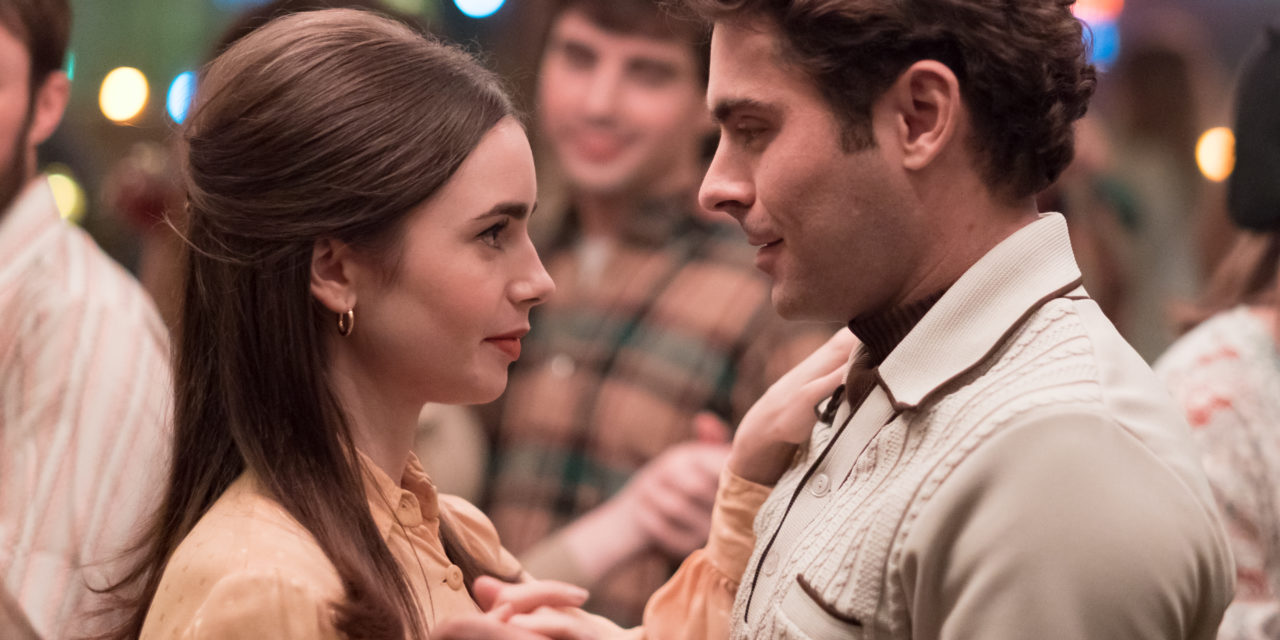By Nicole Fernandez | Staff Writer
In a world where the fight for equality and feminism is rising, it was jarring to watch a film where one of the world’s most infamous serial killers is humanized and turned into a family man who expresses insecurity and hurt, traits anyone can relate to. “Extremely Wicked, Shockingly Evil and Vile” was a well-made glorification of Ted Bundy, a rapist and murderer who ended the lives of possibly more than 30 women during the 1970s.
The Netflix biopic stars Zac Efron, from the “High School Musical” franchise, as Ted Bundy and Lily Collins, of “Mirror Mirror,” as Bundy’s ex-fiancée Elizabeth Kendall. From the perspective of Kendall, this new angle to Bundy’s life and crimes portrays him as man wronged by the justice system. In fact, it is not until near the end does the film give the answer that the entire world already knows: Ted Bundy is guilty.
Bundy was presented as the nice guy, the type a girl would be eager to show off to her parents. To the film’s credit, it was an obvious call out on the fact of society’s unwillingness to accept charming and attractive people as monsters capable of the horrible actions Bundy committed. They did a good job of showcasing his charisma and its hold over Kendall, her young daughter, and the many female admirers he gained. However, the decision to have scenes from his point of view, specifically the emotional turmoil he goes through, falls closer to disturbing rather than inducing compassion, a goal that “Extremely Wicked” seems to lean towards.
When the biopic was originally announced in 2018, many accused the casting of Efron, a popular Hollywood hunk, as an attempt to glamorize the killer and his life. While the real Bundy was considered good-looking, and whether or not it is true that that was the goal of casting Efron, it was overtly tasteless to choose an actor famous for his looks, therefore encouraging the image of a handsome man instead of a brutal predator.
Admittedly, the problem was not Efron. He did his job as an actor. It was the fact that the Ted Bundy Efron played was written into a likable man that audiences can sympathize with. He was not shown as the sociopath that killed innocents. His terrifying crimes were left offscreen, a deliberate move in order to have viewers focus instead on the guilt Bundy feels, despite the proof that he was anything but in real life. You feel bad for the suffering Kendall went through and for Bundy, not the victims. They were made into side notes in this morally questionable retelling of Bundy’s battle against the court.
The film also managed to subtly attack the women in his life, mocking their devotion to him in the wrong way. Alongside Kendall was Carole Ann Boone, played by Kaya Scodelario from “Skins,” who married Bundy during his trial and even gave birth to his daughter while he was incarcerated. It is clear that anyone who can stick by someone so grossly inhuman has problems in the psychological department, yet the general consensus of the movie was that they were just as much to blame for what happened to Bundy’s victim as the perpetrator himself. Wrong? Yes.
In spite of its promise to provide an inside look at Bundy through Liz’s eyes, “Extremely Wicked” does nothing but emphasize his good looks and charms in a tone-deaf effort to romanticize his relationship and mindset during his trials.






